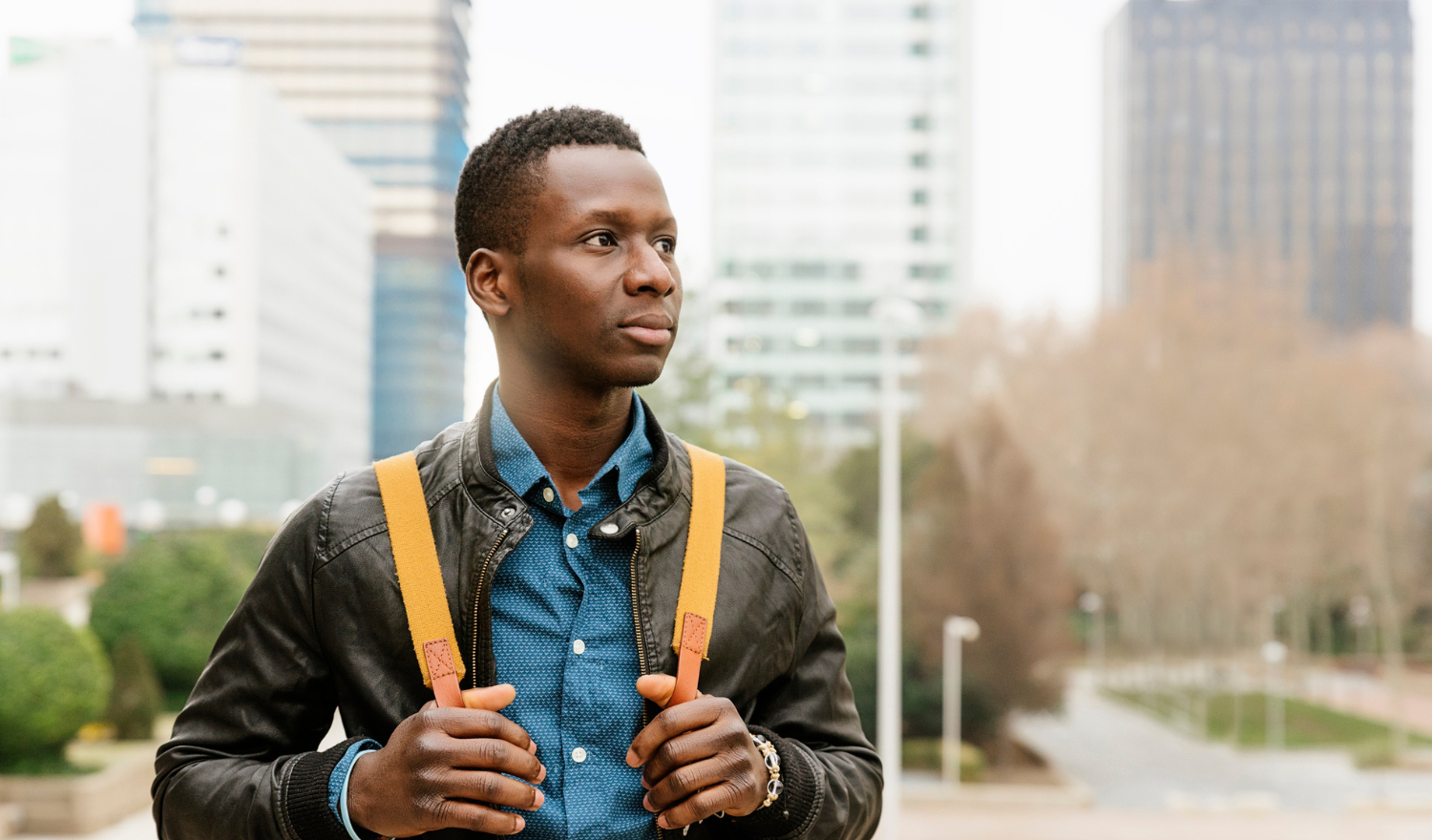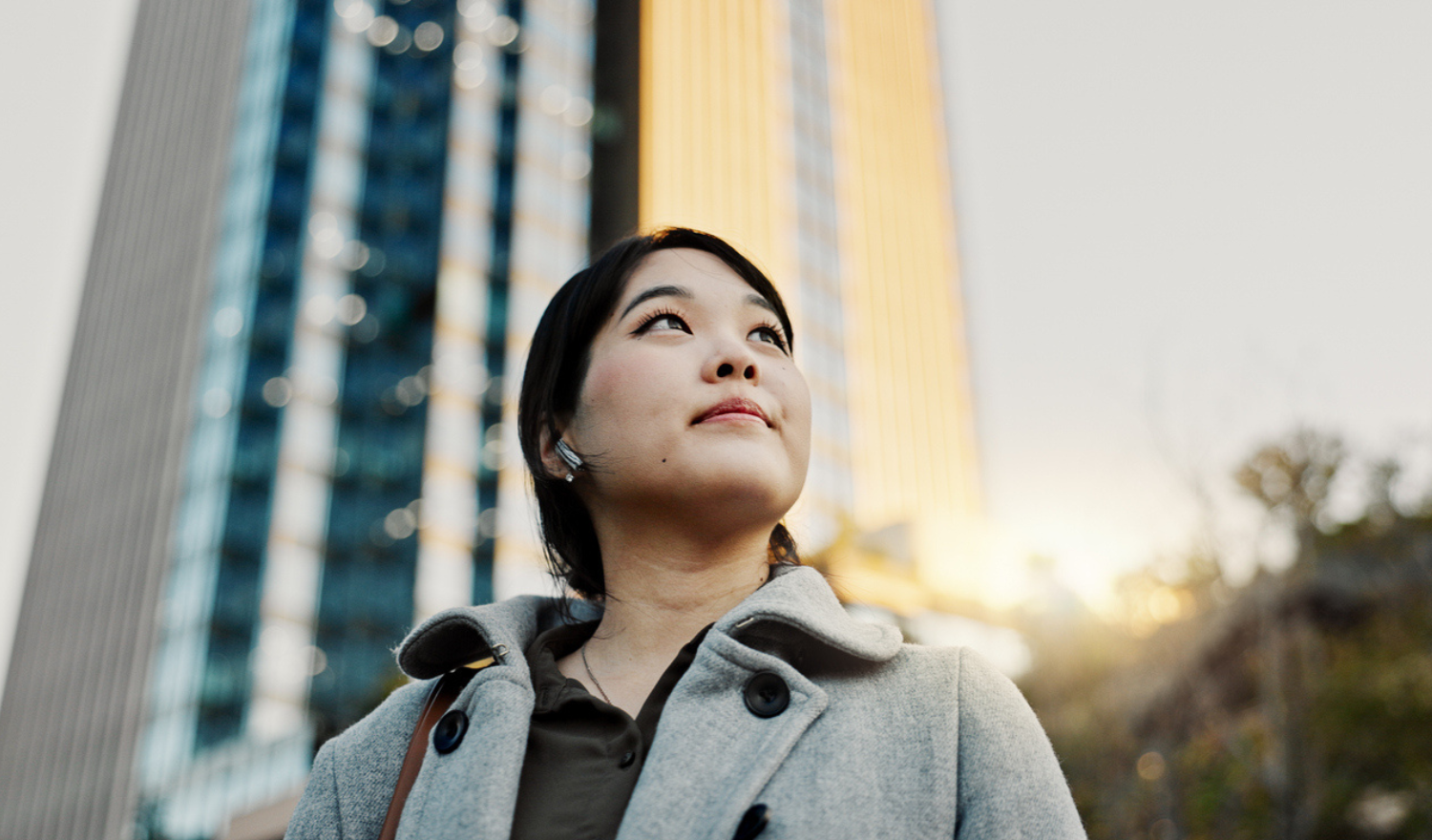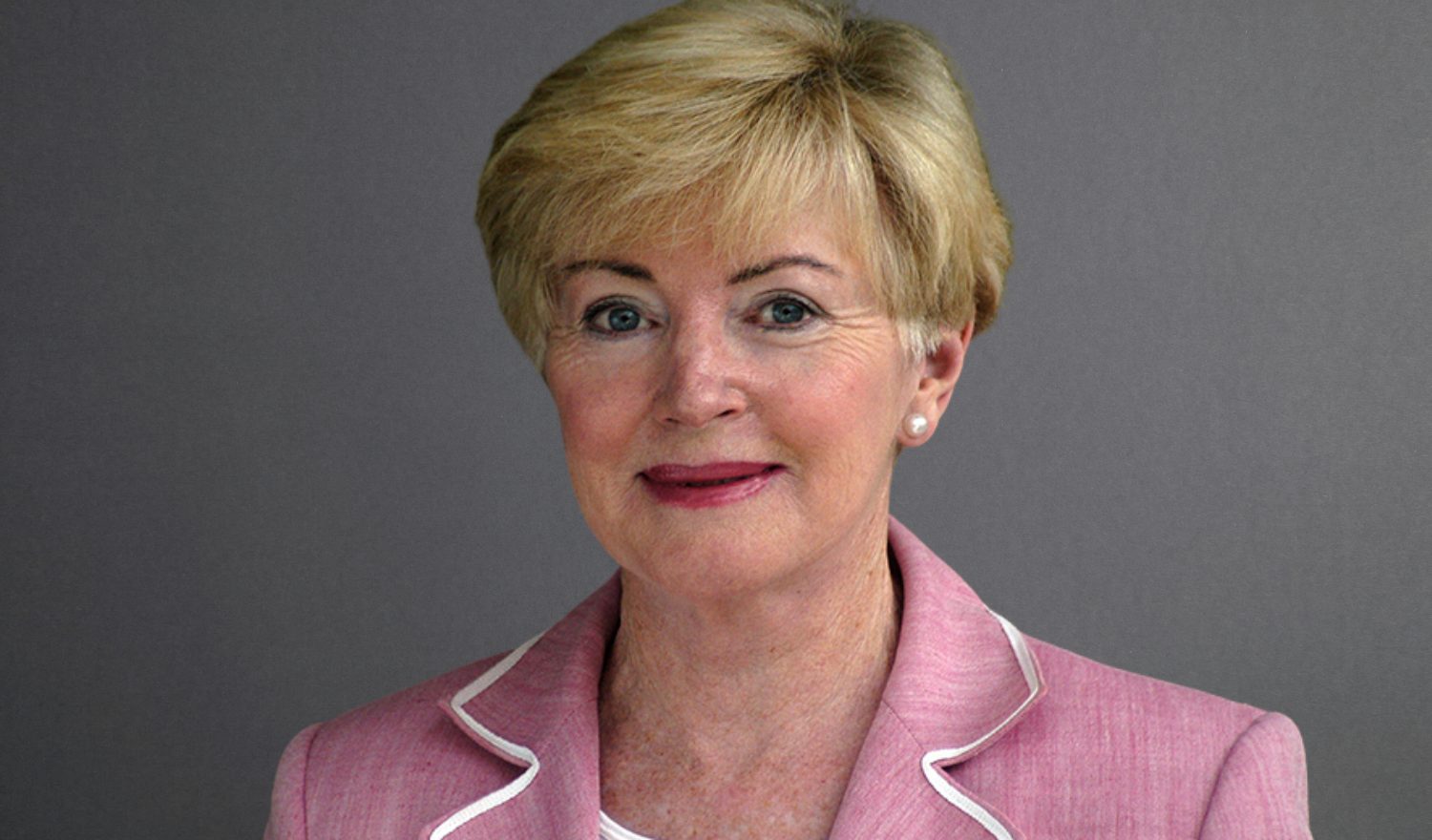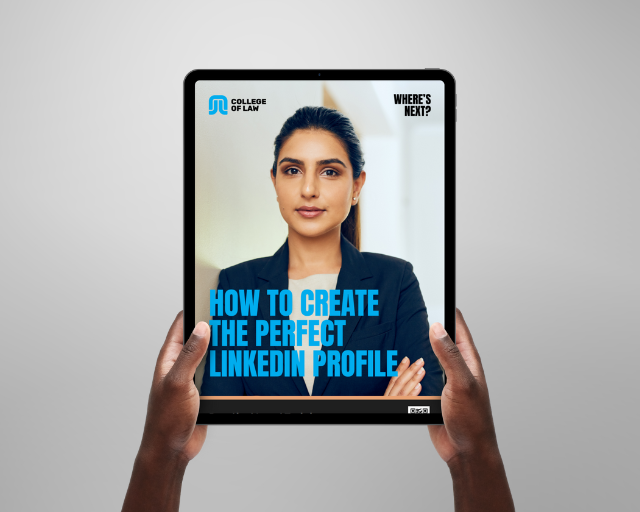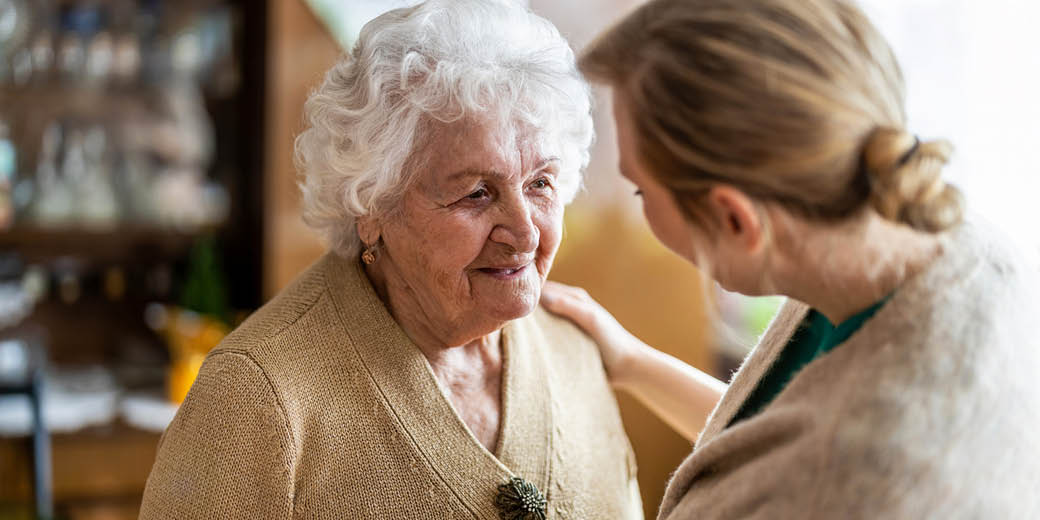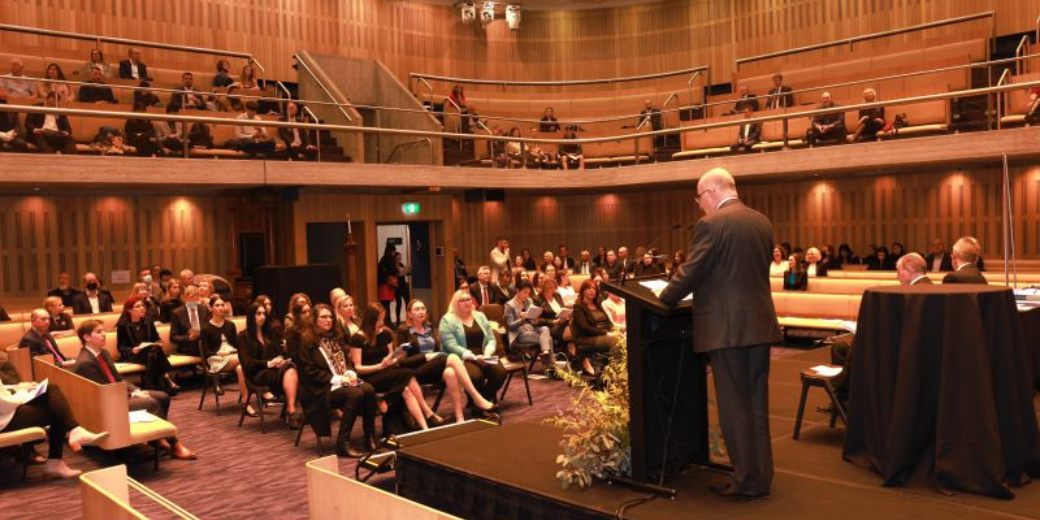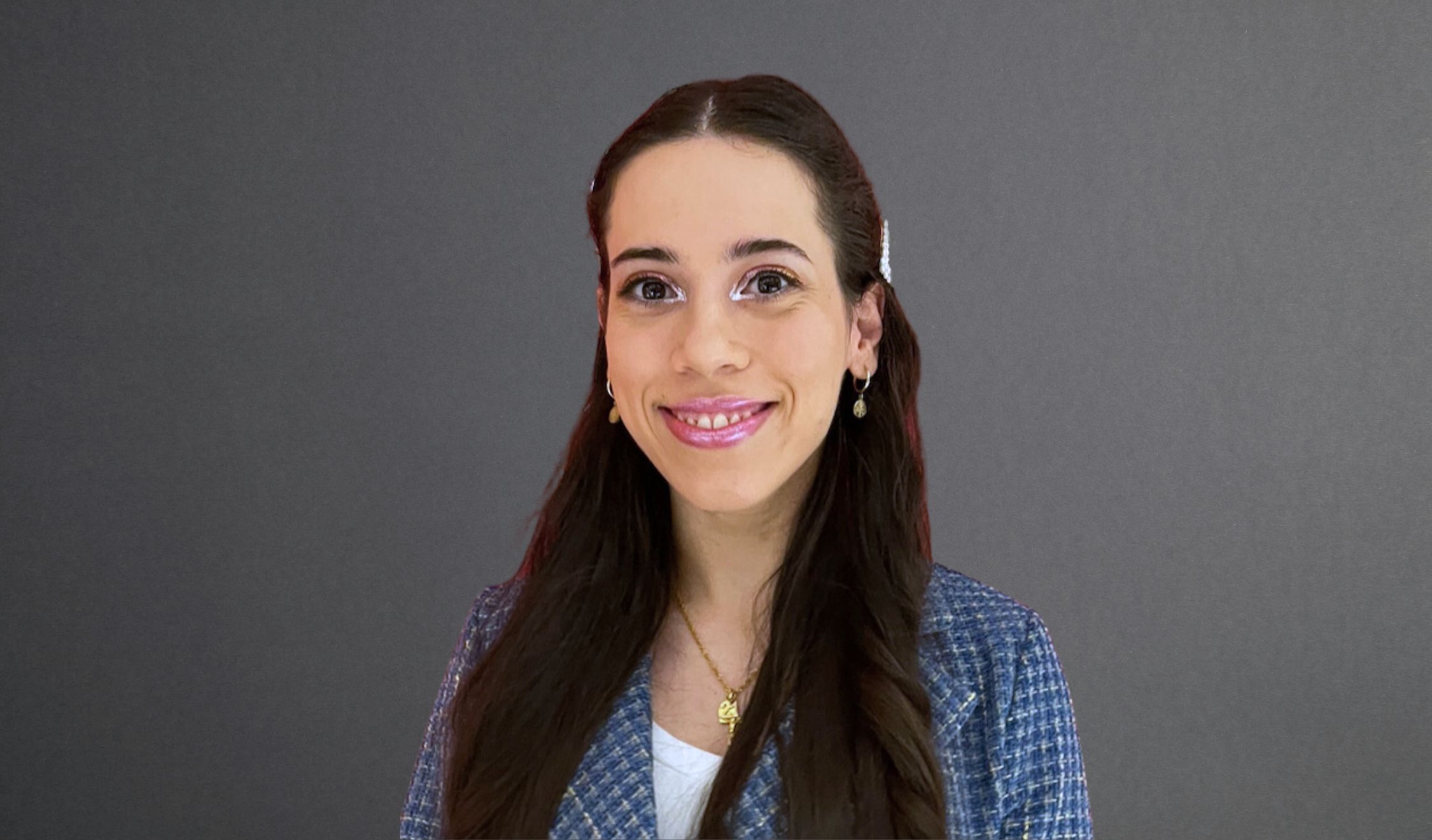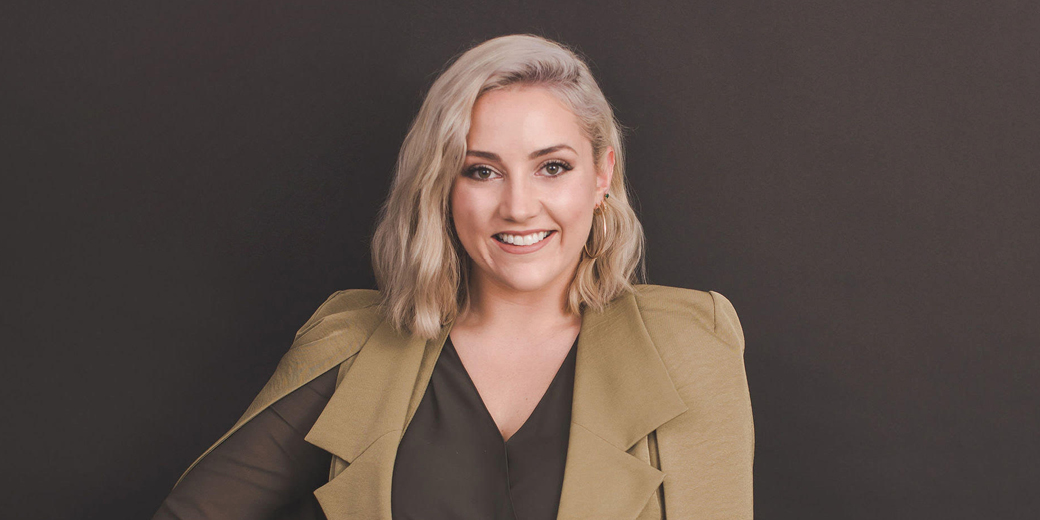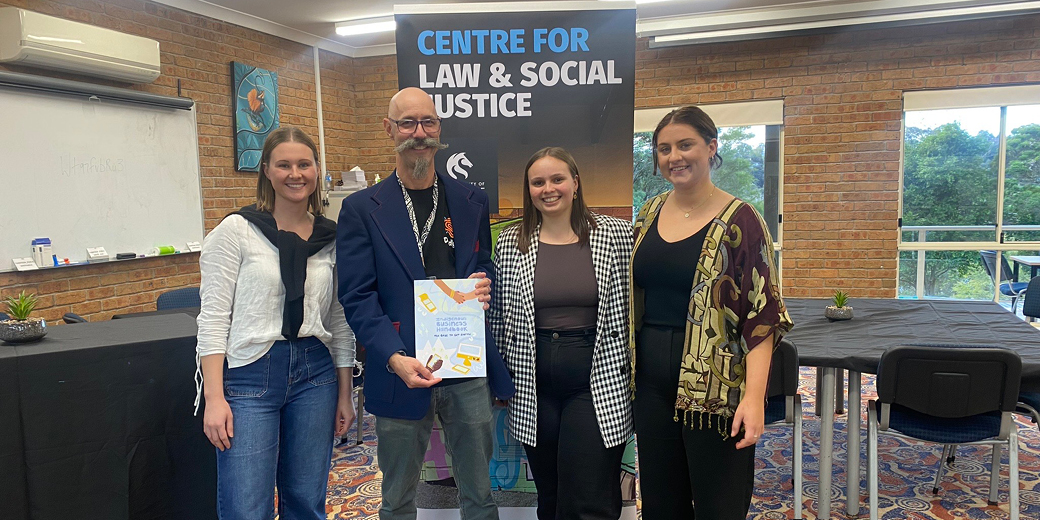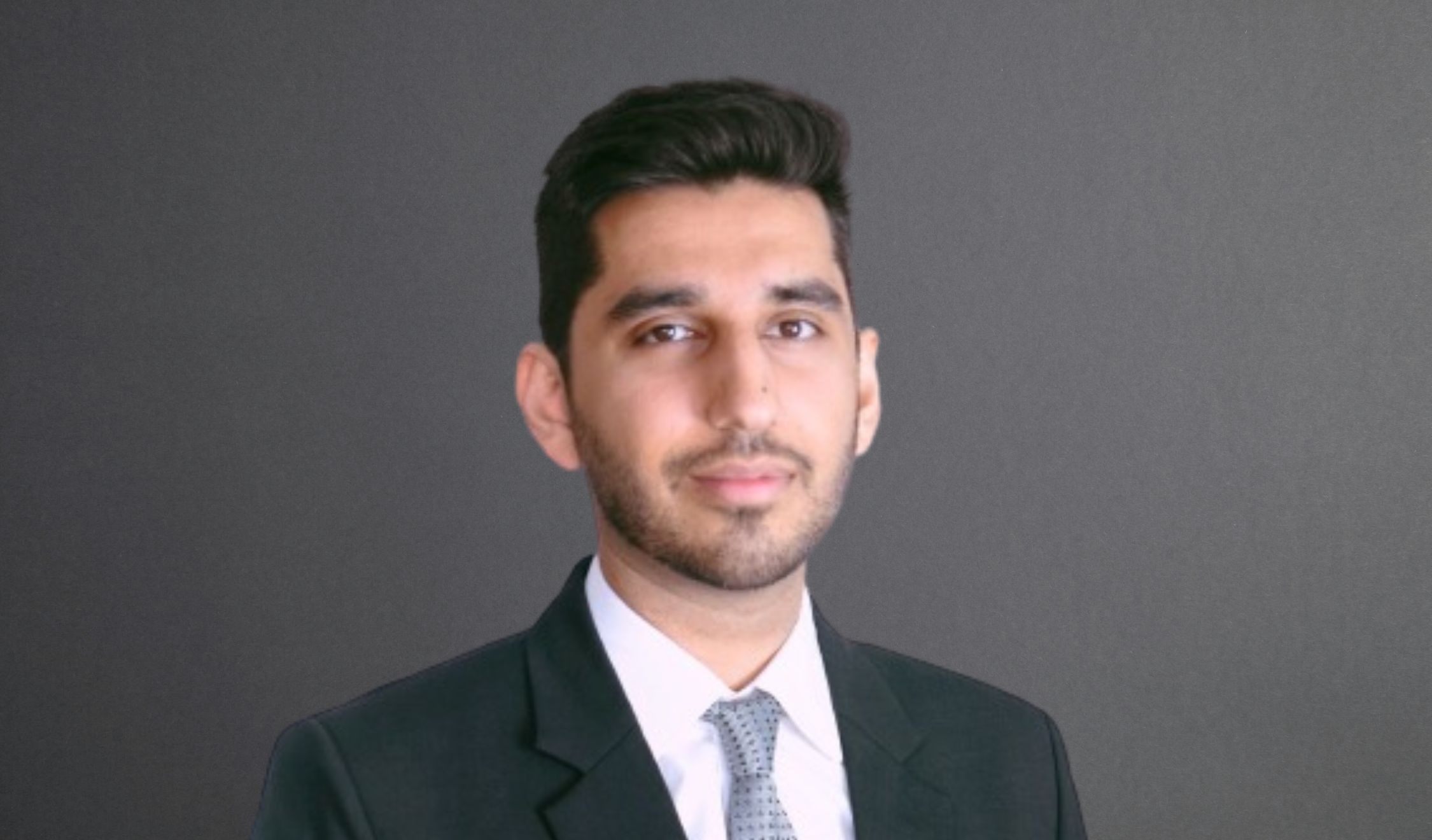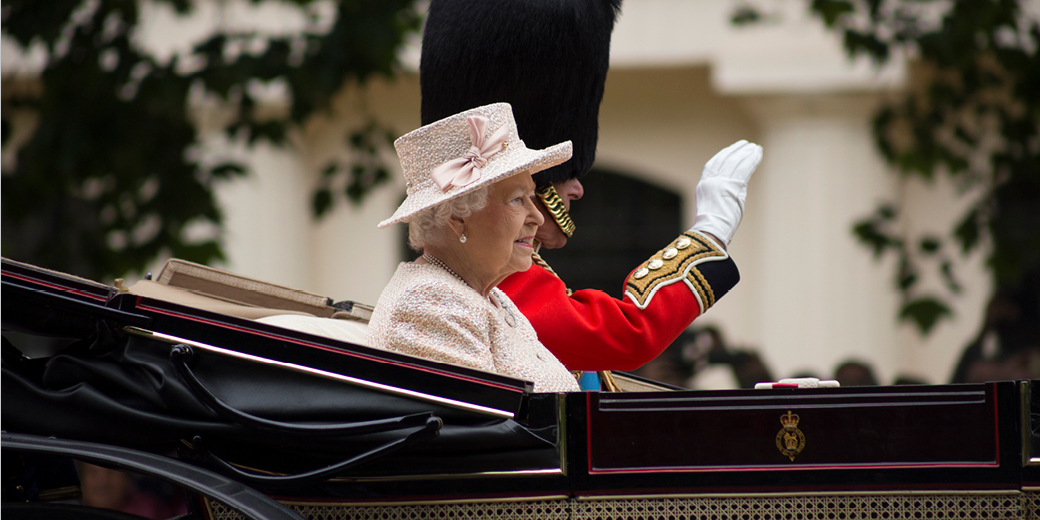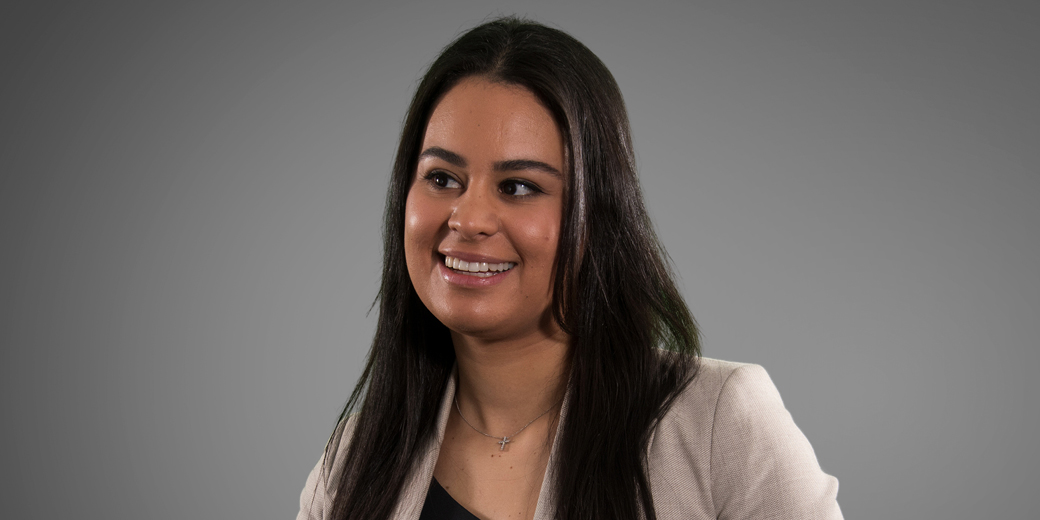Despite achieving First Class Honours from a top-ranked British university, Kerala Drew found the path to qualifying as an Australian lawyer fraught with roadblocks.
She had worked and volunteered through England, Hong Kong, China and Malaysia, but securing local work experience - and joining the Women Lawyers Association of Queensland, where she now sits on the Board as student advisor - proved crucial.
We caught up with Kerala to learn how she landed her first job in law, what set her College of Law PLT experience apart from prior study, and what advice she might have for lawyers looking to join the Australian legal profession.
What was your first job in law? What led you to your current role?
I ended up getting my first real job in Australia by volunteering as part of my PLT placement. I always knew I was interested in criminal and family law and stumbled across a Gumtree post noting that Wallace Davies was looking for PLT students. I jumped at the opportunity, and volunteered for a month. I then ended up getting a paid job in employment law, but one week in, Wallace Davies rang, and offered me a paid position. I felt so guilty leaving the employment law firm, but thankfully they were so understanding. I knew my heart was in criminal and family law and I haven’t looked back since!
Where do you work now, and what is the most rewarding aspect of your role?
Four years on, I’m still at Wallace Davies. However, I’ll soon be moving to the Bar. This has been a goal of mine since I was around 10, so I am very excited to finally reach this milestone. I am really excited to see what the future holds, and I am looking forward to putting into practice the skills I have been working on for the last few years.
The most rewarding aspect of my role is securing a good outcome for a client in court. It sounds like a cliché, but you genuinely have the ability to massively impact people's lives as a criminal and family lawyer, and truly make a difference. This might be securing gradual time with children for a father who has been absent in their lives, or ensuring a young person has no criminal conviction recorded. I thoroughly enjoy my days as a duty lawyer, which means I attend upon the courthouse and see all of those who have notices to appear, or who have been remanded in custody. The work is fast paced, stressful and often unpredictable, but it is in this role I find I truly thrive.
How have your PLT studies helped with what you do at work?
My PLT studies have helped me in so many different ways. Firstly, it has no doubt helped my time management skills. I studied full time, whilst working full time, whilst parenting full time! Juggling all those different demands at one time was a lot, but it taught me the importance of setting a schedule, and following it.
A side tip I always have is to put in deadlines for a few days before things are actually due. That way, even if something pops up out of the blue that needs to be dealt with urgently, hopefully you can still meet your assignment or filing deadlines.
Secondly, my PLT studies essentially kickstarted my career! Had it not been for the work experience component, I may have never ended up where I am today. The work experience component also allows students to explore different areas of law, before they fully commit to one area of practice. I think if you are unsure which area of law you may enjoy, having the chance to explore different areas to see what they are actually like is invaluable.
What has set your PLT experience apart?
The flexibility was by far what set the experience apart. Having access to most of the material online as soon as the course started was invaluable for a type A person like me. It meant I could plan my work schedule to align somewhat with my study schedule – fitting in assignments in my slightly less hectic weeks at work. It also meant if you are juggling family life, you could study in the evening once the children had finally settled for the night.
Essentially you were your own boss with respect to managing the work, which worked really well for me. The support you receive is second to none – I would often email my tutors with any questions I had, and the oral feedback you receive after your assignment is invaluable. I still use the textbooks from the College of Law to this day.
You've studied and volunteered around the world. What advice would you have for well-travelled lawyers keen to practice in Australia?
For those who have practised abroad, or are seeking to start their career in Australia, be prepared for a lot of setbacks. It was frustrating for me to have to re-study a number of university modules to ensure I complied with the Priestley 11, and I felt like I hit roadblock after roadblock. Keep the end goal in sight, as it is so worth it when you finally reach that goal.
Also, don’t be afraid or ashamed to start your career by volunteering. I found it so difficult to find paid work, notwithstanding the fact that I had worked/volunteered in England, China, Hong Kong, and Malaysia and had achieved first class honours from one of the top universities in England.
Once you start to have a few recognised Australian law firms, or workplaces on your CV, I found it so much easier to find work.
Finally, join as many different organisations or societies as you can. I have made some fantastic friends and colleagues through the Women Lawyers Association of Queensland (WLAQ) and I am now on board as their student advisor.






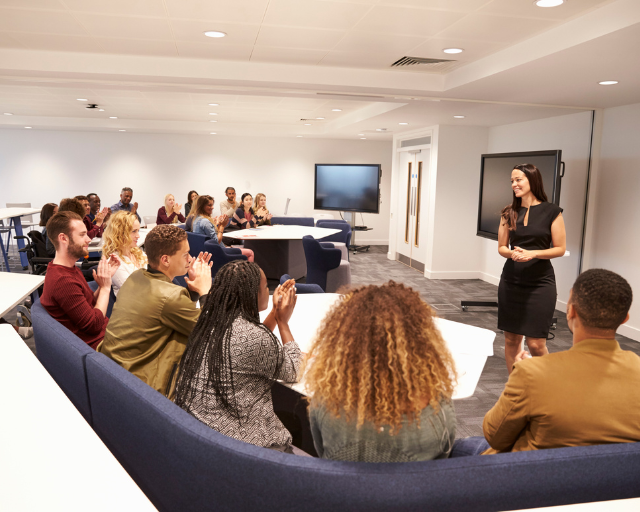


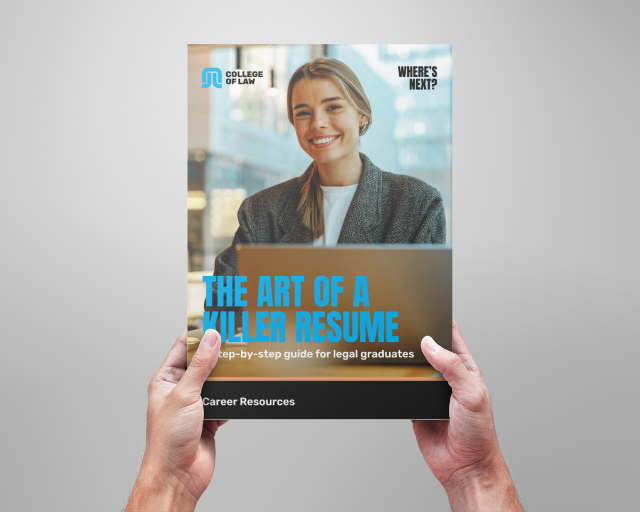


















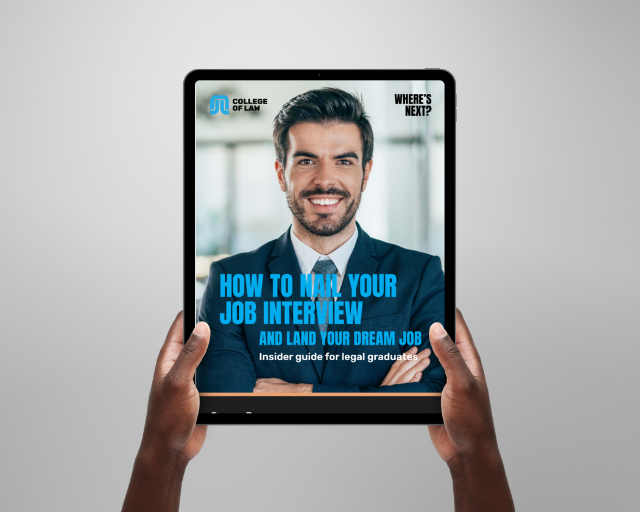
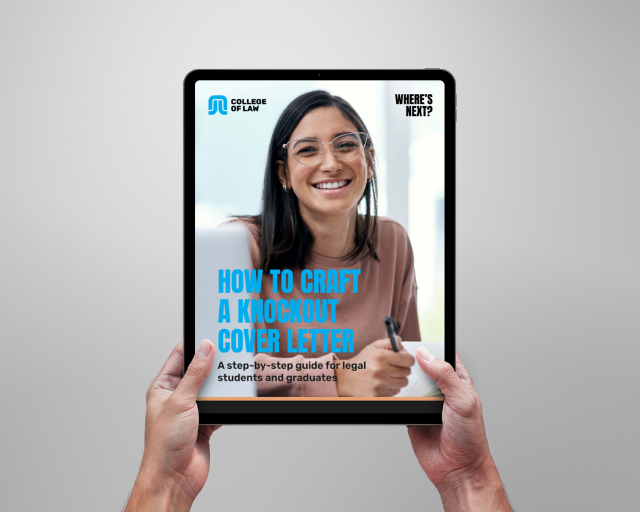

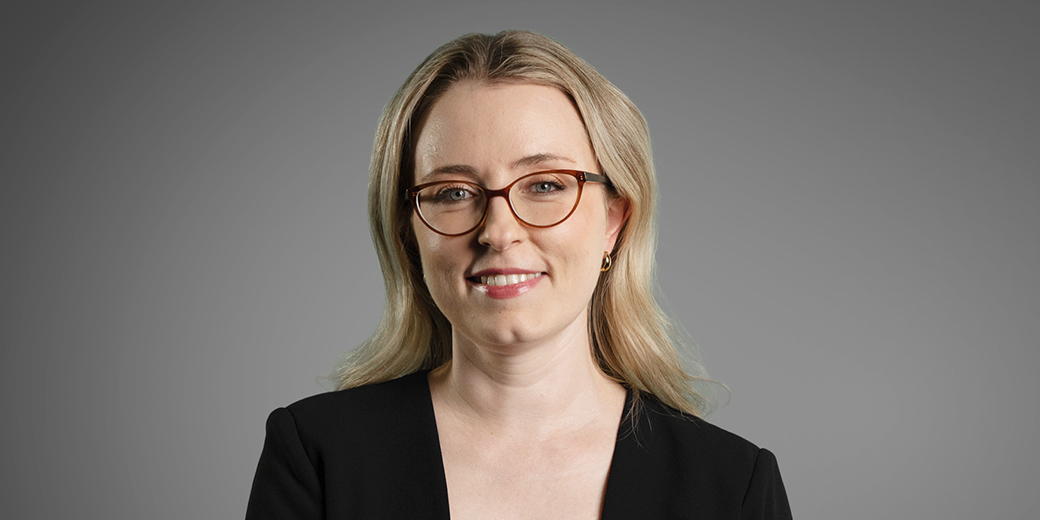
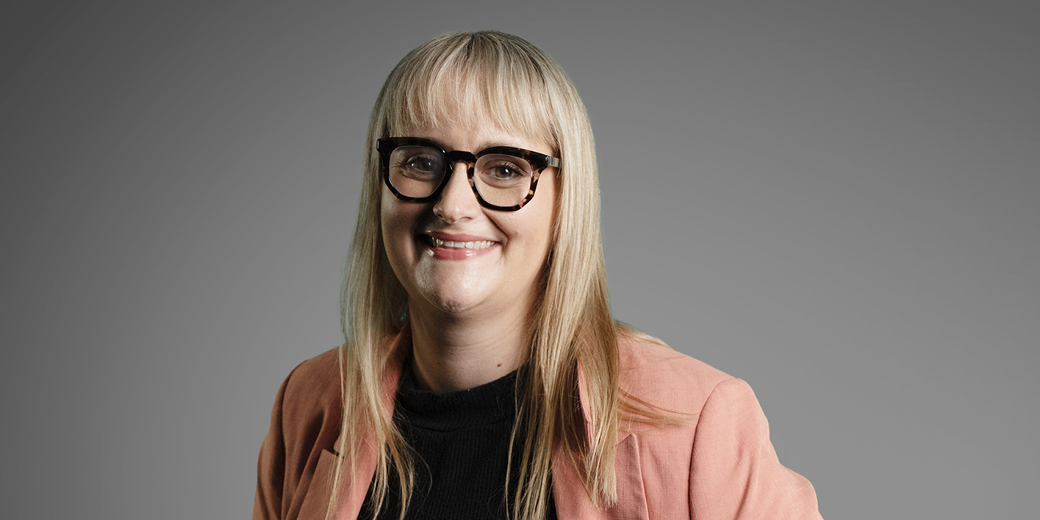














![How to handle Direct Speech after Gan v Xie [2023] NSWCA 163](https://images4.cmp.optimizely.com/assets/Lawyer+Up+direct+speech+in+drafting+NSW+legislation+OCT232.jpg/Zz1hNDU4YzQyMjQzNzkxMWVmYjFlNGY2ODk3ZWMxNzE0Mw==)









